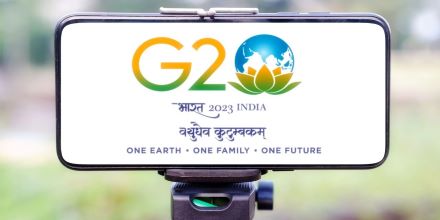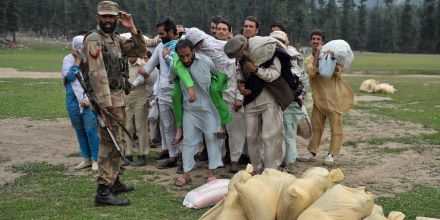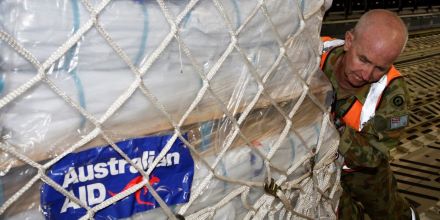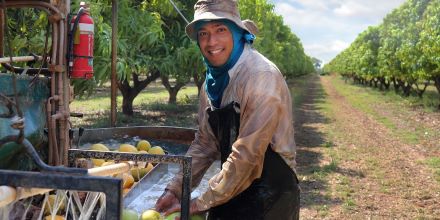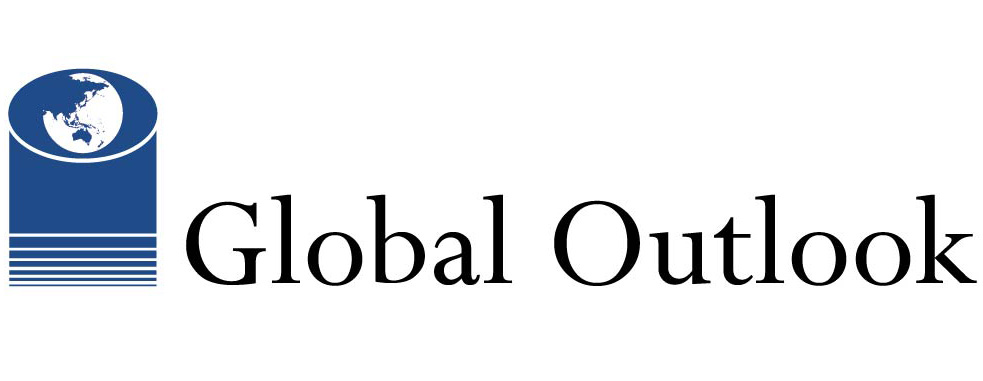
Curated expert opinion on intractable contemporary issues
Global Outlook: Climate Change and Conflict
Riding the Heatwave: India’s Sweltering Exposure to Climate Change
By Robert Mizo | 13 July, 2023
The end of June brought monsoon rains to North India as it always does. The rains were a welcome respite from the scorching heat the region reeled under since March. The heat waves that swept through North India in 2023 attest to the fact that India is witnessing and enduring the impacts of climate change.
India’s G20 Presidency: Can It Reshape International Climate Politics?
By Robert Mizo | 15 June, 2023
India’s presidency of the G20 for 2023 has been hailed with much fanfare and national pride in India. It has the platform and the responsibility to direct the collective energies of the group towards not only addressing the climate crisis but also potentially reshape the ideological contours of international climate politics.
Climate Change, Disasters and Armed Conflict
By Tobias Ide
| 07 June, 2023
During the 21st century, humanity will cross an important planetary boundary and head into a much more climate-insecure future. One characteristic of this future will be higher risks of climate-related disasters, such as droughts, storms, floods, and heatwaves.Both experts and policy makers have long expressed concerns about climate change as a security risk, with disasters playing a key role in these debates.
Climate isn’t a Distraction from the Military’s Job of War Fighting. It’s Front and Centre
By Matt McDonald | 25 April, 2023
It was pitched as the “most significant” shift in Australia’s armed forces in decades. And among the headline announcements, climate change was recognised as an issue of national security. But the strategic review of Australia’s military released yesterday doesn’t go a lot further than that when it comes to the climate crisis.
Indigenous Knowledge Offers Solutions, but its Use Must be Based on Meaningful Collaboration with Indigenous Communities
By Tara McAllister, Cate Macinnis-Ng and Dan Hikuroa | 11 April, 2023
As global environmental challenges grow, people and societies are increasingly looking to Indigenous knowledge for solutions. Indigenous knowledge is particularly appealing for addressing climate change because it includes long histories and guidance on how to live with, and as part of, nature. It is also based on a holistic understanding of interactions between living and non-living aspects of the environment.
.
Labour Mobility and Climate Change in the Pacific
By Kirstie Petrou and John Connell | 05 April, 2023
Labour migration has a long history in the Pacific islands’ region, from the ‘blackbirding’ era at the end of the nineteenth century when islanders came to work in the cane fields of Queensland, until this century when once again islanders came to work in Australia and New Zealand, this time in orchards and horticulture. .
The views and opinions expressed in Global Outlook are those of the authors and do not necessarily reflect the official policy or position of Toda Peace Institute.
Riding the Heatwave: India’s Sweltering Exposure to Climate Change
By Robert Mizo | 13 July, 2023
The end of June brought monsoon rains to North India as it always does. The rains were a welcome respite from the scorching heat the region reeled under since March. The heat waves that swept through North India in 2023 attest to the fact that India is witnessing and enduring the impacts of climate change.
India’s G20 Presidency: Can It Reshape International Climate Politics?
By Robert Mizo | 15 June, 2023
India’s presidency of the G20 for 2023 has been hailed with much fanfare and national pride in India. It has the platform and the responsibility to direct the collective energies of the group towards not only addressing the climate crisis but also potentially reshape the ideological contours of international climate politics.
Climate Change, Disasters and Armed Conflict
By Tobias Ide | 07 June, 2023
During the 21st century, humanity will cross an important planetary boundary and head into a much more climate-insecure future. One characteristic of this future will be higher risks of climate-related disasters, such as droughts, storms, floods, and heatwaves.Both experts and policy makers have long expressed concerns about climate change as a security risk, with disasters playing a key role in these debates.
Climate isn’t a Distraction from the Military’s Job of War Fighting. It’s Front and Centre
By Matt McDonald | 25 April, 2023
It was pitched as the “most significant” shift in Australia’s armed forces in decades. And among the headline announcements, climate change was recognised as an issue of national security. But the strategic review of Australia’s military released yesterday doesn’t go a lot further than that when it comes to the climate crisis.
Indigenous Knowledge Offers Solutions, but its Use Must be Based on Meaningful Collaboration with Indigenous Communities
By Tara McAllister, Cate Macinnis-Ng and Dan Hikuroa | 11 April, 2023
As global environmental challenges grow, people and societies are increasingly looking to Indigenous knowledge for solutions. Indigenous knowledge is particularly appealing for addressing climate change because it includes long histories and guidance on how to live with, and as part of, nature. It is also based on a holistic understanding of interactions between living and non-living aspects of the environment. .
Labour Mobility and Climate Change in the Pacific
By Kirstie Petrou and John Connell | 05 April, 2023
Labour migration has a long history in the Pacific islands’ region, from the ‘blackbirding’ era at the end of the nineteenth century when islanders came to work in the cane fields of Queensland, until this century when once again islanders came to work in Australia and New Zealand, this time in orchards and horticulture. .
The views and opinions expressed in Global Outlook are those of the authors and do not necessarily reflect the official policy or position of Toda Peace Institute.

